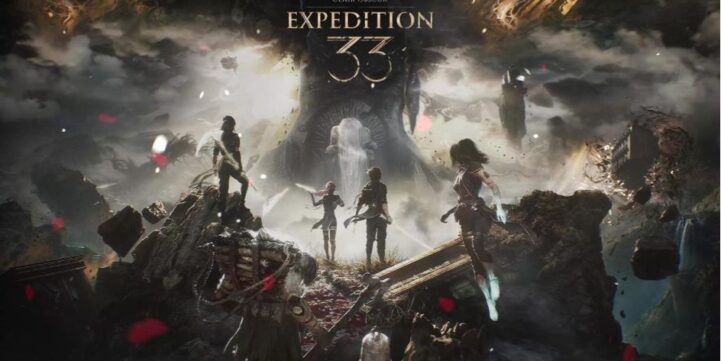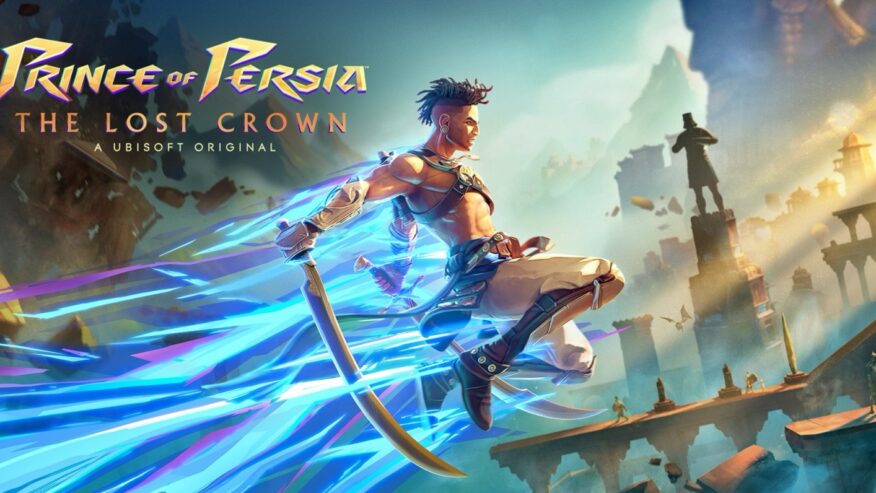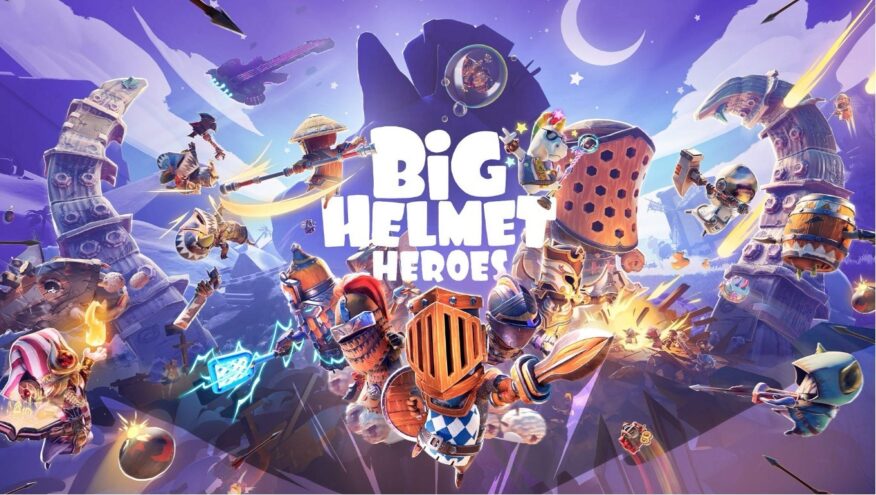The Occitanie region stands out for its concentration of more than 120 video game companies, making it a major region for the industry in terms of workforce in France.
The video games ecosphere in France is thriving, with almost 1,100 companies in the sector. More than half of development studios are less than 5 years old and 20% are over 10 years old.
Ubisoft is one of the sector’s heavyweights, with almost 500 jobs in Castelnau-le-Lez in the Montpellier Méditerranée Métropole area and recent hit games including “Prince of Persia: The Lost Crown”, winner of Pegasus 2025 "Best video game" and three other rewards, and “Valiant Hearts: Coming Home”, winner of three Pegasus 2024 awards. Since its development in the 1990s, the company has continued to spin off, inspire and foster an ecosystem of studios and publishers that have enjoyed repeated international success. For example, the game “Stray”, developed by Blue Twelve Studio in Montpellier, has won multiple international awards since its initial release in 2022 (2 Game Awards, 3 Pegasus Awards, a Steam Award, etc.). It also includes Pixel Reef (awarded for “Paper Beast” and founded by Eric Chahi), The Game Bakers (awarded for “Haven”), Digixart, bought by the Swedish Embracer Group (“Road 96”, a procedural road trip which won five Pegasus awards, followed by “Road 96: Mile 0”), Alt Shift (“Crying Suns”), Unexpected Studio (“Kallax”, founded by Adrien 'ZeratoR' Nougaret), the Splashteam (“Tinykin”) and Magic Design Studios (“Have a Nice Death”). These studios are now well established, alongside promising newcomers such as Sandfall Interactive, who released "Clair Obscur: Expedition 33" in March 2025 (best-selling game of the year as of June 2025 with 3 million copies sold in its first month) and Duper (working on "Day of the Shell", announced for the 3rd quarter of 2025).
The Montpellier region is also seeing the arrival of players such as Nacon (a major French publisher), via the acquisition of Midgar Studio (“Edge of Eternity”) in 2022, and Build A Rocket Boy, with the opening of its 3rd studio in 2023.
Toulouse is also home to a dynamic ecosystem of game development studios, as well as a large number of self-employed workers and students. These include Rundisc (“Chants of Sennaar”, which received the “Best Game”, “Best Independant Game” and “Best Game Design” Pegasus awards and a nomination for “Games for Impact” at the Game Awards), Umeshu Lovers (“Danghost”), SoulGame Studio (“Minishoot’ Adventures”) and Blanket Games ex Tavrox Games (“Creeping Deck”).
Studios in Occitanie are also constantly innovating, offering increasingly advanced immersive experiences. This is the case around Montpellier with Gear Prod (“Echo Squad”, an immersive experience aboard a submarine), Bigger Inside (“Protocol 223”), as well as Digital Therapeutics specialists Natural Pad (Montpellier) and Freya Games (Toulouse).
These studios are backed by several local companies providing support services, such as the production and events company ZQSD and the 3D animation studio Menhir FX, which are boosting the region’s production capacity for the video game industry and putting Occitanie on the international map with their expertise. The arrival in 2022 of recognised players such as Mathematic Studio and The Yard VFX (VFX, animation and motion design) confirms the local appeal of the industry, even beyond video game creators.
And while most of the activity is concentrated in the two cities, there are studios all over the region, including Miju Games (“The Planet Crafter”, which had a very successful early access before public release in 1.0 in 2024) and Vrai Studio (“Recyclage VR”, a serious game made to educate the public about recycling) in Albi and Acute Games in Carcassonne (“Urban Rivals”). Video games research is also carried out at the Montpellier Computer Science, Robotics and Microelectronics Laboratory (LIRMM), the CERTOP at Toulouse University and the SGRL (Serious Game Research Lab) at Albi.
Lastly, the region hosts several major publishing and distribution companies (Playdigious, winner of the 2025 Best foreign mobile video game and Pegasus award for Loop Hero, Dear Villagers, winner of three 2025 Pegasus awards for Caravan SandWitch, Plug In Digital), completing the regional ecosystem alongside a rich network of specialist schools such as ArtFX (Montpellier, winner of the Pégases 2023 Award for the stu- dent game “Alaska”), CIME Art (Béziers), the ESMA (Toulouse and Montpellier), Objectif 3D (Montferrier-sur-Lez), Brassart (Montpellier and Toulouse), Creajeux (Nîmes) and the audio experts school Slope Audio Training (Montpellier) as well as the Universities of Montpellier 2 (Master Degree in Image, Games and Intelligent Agents), Montpellier 3 (Professional degree in Video Games), IUT Tarbes (Professional Degree in Interactive Media, Mixed Immersive Applications - MIAMI) and INU Albi (Master in Audiovisual, Arts, Interactive Media, Games - AMINJ). 2024 also sees the opening of the LUDUM University Diploma, a professional training course focusing on the production and management of video game projects.
The Creative Industries and e-Entertainment sector is one of the 9 sectors identified as key to the digital industry in Occitanie. The region’s two French Tech metropolises have been awarded the Edtech & Entertainment thematic network because of their video games and animation industries and a number of France 2030 winners linked to the sector are based in the region (The Game Bakers, Mathematic Studio, Slope, Push Start, etc.).
To support the Cultural and Creative Industries, the Region combines individual actions (aid for growth and innovation, international support), partnerships and support for collective initiatives (call for projects dedicated to “Digital Ecosystems”, support for the digital transition, etc.). In addition, a contract is being drawn up with the players in the Cultural and Creative Industries and Sport Tech sector, which includes video game companies, to develop the industry.
Since 2022, the Metropole of Montpellier has set up a fund to support the cultural and creative industries sector, with a special focus on video games.
Lastly, Push Start (the regional cluster), also working on national projects such as “JYROS”, an environmental footprint calculator created by and for companies in the video game industry, Toulouse Game Dev (the Toulouse cluster) and Sud Piccel (a Montpellier group of industry professionals) are helping to structure and boost the industry by promoting and enhancing video game creation and skills sharing. For example, the Montpellier Game Lab programme, co-sponsored by the Montpellier BIC and Push Start, aims to support young studios in their development and consolidation in the region and will open its 5th class in 2025. Games like "En Garde!" by Fireplace Games, "Big Helmet Heroes" by Exalted Studio and the very successful "Clair Obscur: Expedition 33" by Sandfall Interactive are among the incubator program's notable alumni.


